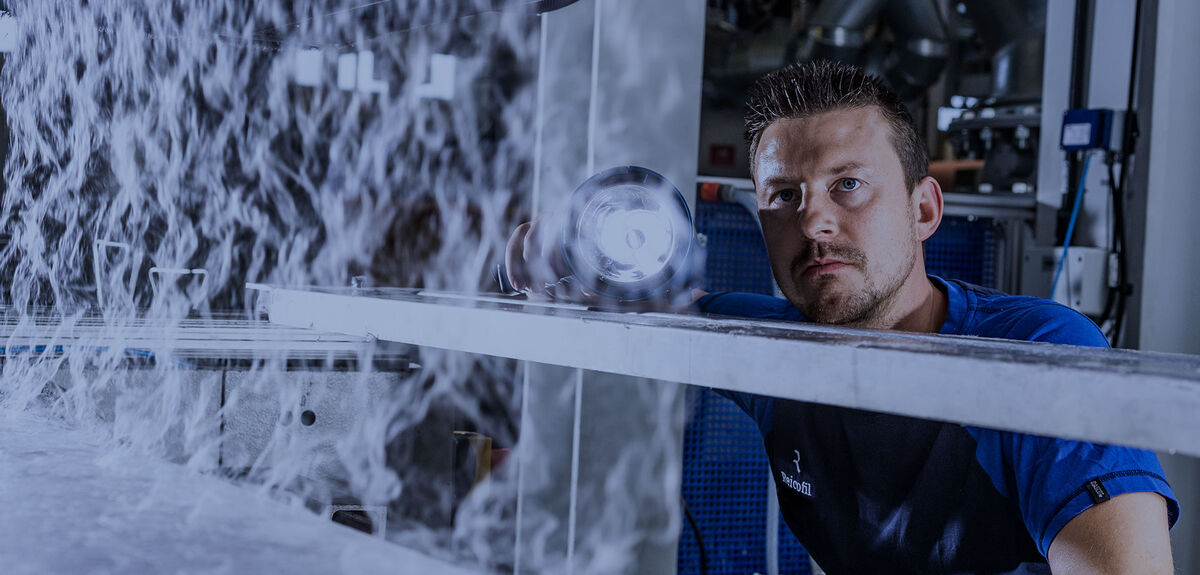
Why patent rights are so important in the nonwovens industry

These 3 points must be observed:
1
Patent infringements can cause costly legal disputes
Companies that disregard patent rights face considerable risks - including involvement in costly legal disputes, possible product recalls and, in the worst case, the closure of production facilities. With increasing market transparency, patent infringements are more likely to come to light. The legal consequences for the unauthorized marketing and use of machines for patented products are manifold. Even in countries where the patent does not apply, this could be considered unfair competition.
2
Patent licenses provide legal certainty
In order to ensure legal certainty for nonwovens producers and their customers, it is necessary to have the rights to operate the system and distribute the products. Usually, a customer receives these rights by purchasing a line, which the seller grants as a license. Often, special processes or the use of the products in end products are also protected.
A typical example of the importance of patent rights is the production of innovative asymmetric spunbond meltblown composite nonwovens, such as SSMMMS, SSMMS or SSMS for hygiene or medical products including baby diapers and protective clothing. The Japanese company Mitsui has developed this special nonwoven structure - which is protected by patent EP 1 980 390 - in close cooperation with Reicofil. As part of this partnership, Reicofil has been granted a license to sell its equipment for manufacturing these innovative nonwovens to customers throughout the market.
3
Reifenhäuser Reicofil offers long-term investment protection
Reifenhäuser Reicofil therefore has the necessary licenses and its own product patents to ensure that its customers can use advanced production technologies without taking legal risks and ultimately compromising their competitiveness. Reicofil thus offers its customers not only efficiency and quality in the production of nonwovens, but also the certainty that their investments are protected in the long term.